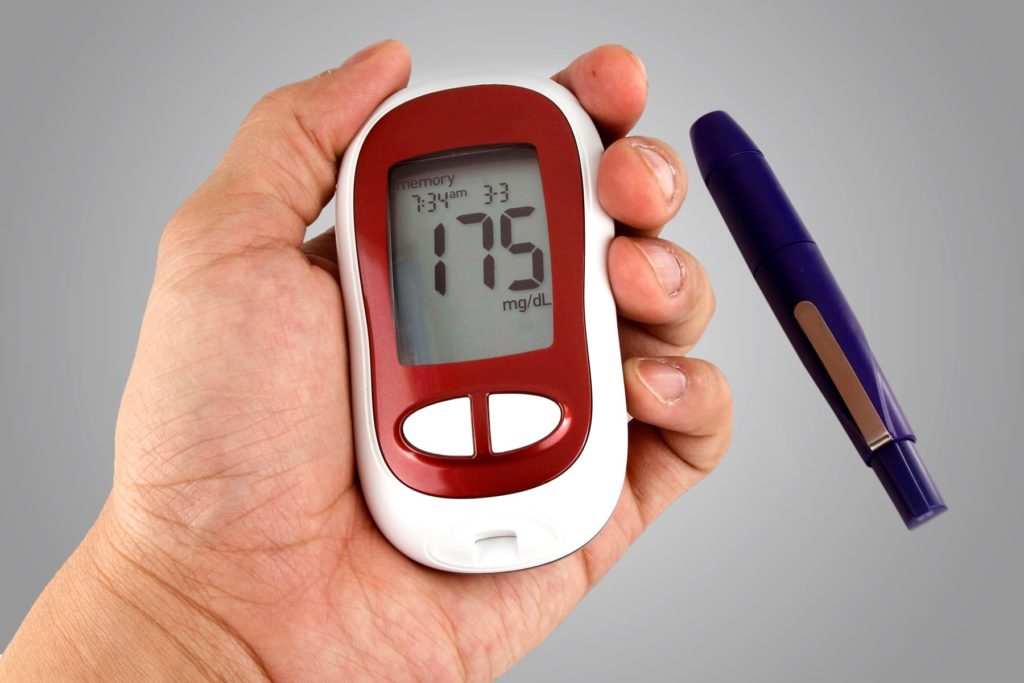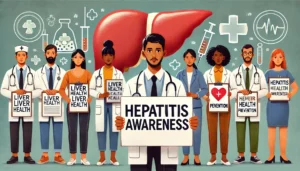The Dangers of Excess Sugar Consumption and How to Reduce Your Intake for Better Health


In today’s fast-paced world, sugary foods and drinks have become a staple in many people’s diets. From soft drinks to processed snacks, added sugars are everywhere. While they may satisfy your sweet tooth in the moment, excess sugar consumption can wreak havoc on your body, contributing to a wide range of health issues. The good news is that by cutting down on added sugars, you can take control of your health and significantly lower your risk of many chronic diseases.
Table of Contents:
- Weight Gain and Obesity
- Type 2 Diabetes
- Heart Disease
- Liver Damage
- Impact on Dental Health
- Hormonal Imbalance
- Weakened Immune System
- How to Reduce Your Sugar Intake for Better Health
1. Weight Gain and Obesity


One of the most obvious consequences of consuming too much sugar is weight gain. Sugary foods and beverages are high in calories but low in nutrients. Since they don’t make you feel full for long, you’re more likely to overeat, leading to weight gain. Over time, this can increase your risk of obesity—a major contributor to various health problems, including heart disease and joint issues.
In Nigeria, where the prevalence of fast food and sugary drinks has risen in urban areas, we are seeing higher rates of obesity, particularly among younger people.
2. Type 2 Diabetes


Excess sugar intake plays a significant role in the development of insulin resistance, which can lead to type 2 diabetes. When you consume sugary foods, your blood sugar levels spike, prompting your body to produce insulin to help absorb the sugar. Over time, if you continue to overload your system with sugar, your body may stop responding to insulin properly.
According to a study published in the Journal of the Endocrine Society, people who consume sugary drinks regularly are at a higher risk of developing type 2 diabetes compared to those who don’t. Reducing added sugar is one of the most effective ways to manage your blood sugar levels and prevent the onset of diabetes.
3. Heart Disease


Excess sugar consumption has also been linked to an increased risk of heart disease. When you consume too much sugar, it can lead to higher levels of triglycerides—a type of fat found in the blood. High triglycerides increase the risk of heart disease and stroke. In fact, studies have shown that individuals who consume 17-21% of their daily calories from added sugar are at a 38% higher risk of dying from heart disease .
Reducing your sugar intake can improve cholesterol levels, lower triglycerides, and ultimately support better heart health.
4. Liver Damage


One lesser-known but serious effect of excess sugar consumption is its impact on the liver. High fructose intake, commonly found in sugary drinks and snacks, can overload the liver and cause fat to build up. This condition is known as non-alcoholic fatty liver disease (NAFLD), which can eventually lead to liver inflammation, scarring, and even liver failure if not addressed.
Limiting your consumption of sugary drinks and foods with high fructose corn syrup can significantly reduce the risk of liver damage.
5. Impact on Dental Health


Sugar is one of the main culprits behind tooth decay. When you eat sugar, it feeds the bacteria in your mouth, producing acids that wear down tooth enamel. Over time, this can lead to cavities and other dental issues. This is particularly concerning for children and teenagers, who are more likely to consume sugary snacks and drinks.
In Nigeria, where access to dental care may not be readily available for everyone, it’s even more important to maintain good oral hygiene and limit sugar consumption to prevent serious dental problems.
6. Hormonal Imbalance
Your hormones play a crucial role in regulating various functions in your body, including hunger and mood. Excess sugar can disrupt your hormonal balance by increasing levels of insulin, leptin, and cortisol. For example, insulin resistance can lead to increased hunger, causing you to eat more and gain weight, while cortisol—the stress hormone—can lead to mood swings and anxiety.
To maintain better hormonal health, it’s important to manage your sugar intake and opt for a balanced diet rich in whole foods.
7. Weakened Immune System


High sugar intake can suppress your immune system, making it harder for your body to fight off infections. Studies have shown that consuming large amounts of sugar can decrease the activity of white blood cells, which are essential for your immune response . If you find yourself falling ill frequently, it may be time to re-evaluate how much sugar you’re consuming.
Reducing sugar and incorporating more immune-boosting foods like fruits, vegetables, and lean proteins can help strengthen your body’s natural defenses.
8. How to Reduce Your Sugar Intake for Better Health
Cutting down on sugar doesn’t mean you have to deprive yourself of all sweet treats. Here are some tips to help you lower your sugar intake without sacrificing taste:
- Read labels: Many processed foods contain hidden sugars. Check the ingredients for terms like glucose, fructose, sucrose, or high fructose corn syrup.
- Avoid sugary drinks: Instead of sodas and energy drinks, opt for water, herbal teas, or unsweetened beverages.
- Choose whole foods: Whole fruits, vegetables, and whole grains contain natural sugars along with fiber, vitamins, and minerals that benefit your health.
- Gradually reduce sugar: Start by cutting back on the amount of sugar you add to your tea, coffee, or cereal, and opt for natural sweeteners like honey or maple syrup in moderation.
- Cook at home: Homemade meals give you control over the ingredients, allowing you to avoid hidden sugars often found in restaurant or takeout food.
By making small, gradual changes, you can significantly reduce your sugar consumption and enjoy long-term health benefits.
Final Thoughts
Excess sugar consumption has wide-ranging effects on the body, from weight gain and diabetes to heart disease and liver damage. It also weakens your immune system and contributes to hormonal imbalances. The good news is that reducing your sugar intake can greatly improve your health and reduce your risk of these serious conditions. Start by making small, manageable changes to your diet and choose whole, nutrient-dense foods that promote overall wellness.
You may also like
- 11 méthodes pour choisir un site Internet de rencontre Nom d’utilisateur qui fonctionne vraiment
- The Dangers of Excess Sugar Consumption and How to Reduce Your Intake for Better Health
- 6 Foods for a Flat Stomach
- Understanding Hepatitis: Types, Symptoms, and Treatment
- The Importance of Oral Health: A Gateway to Overall Wellness




